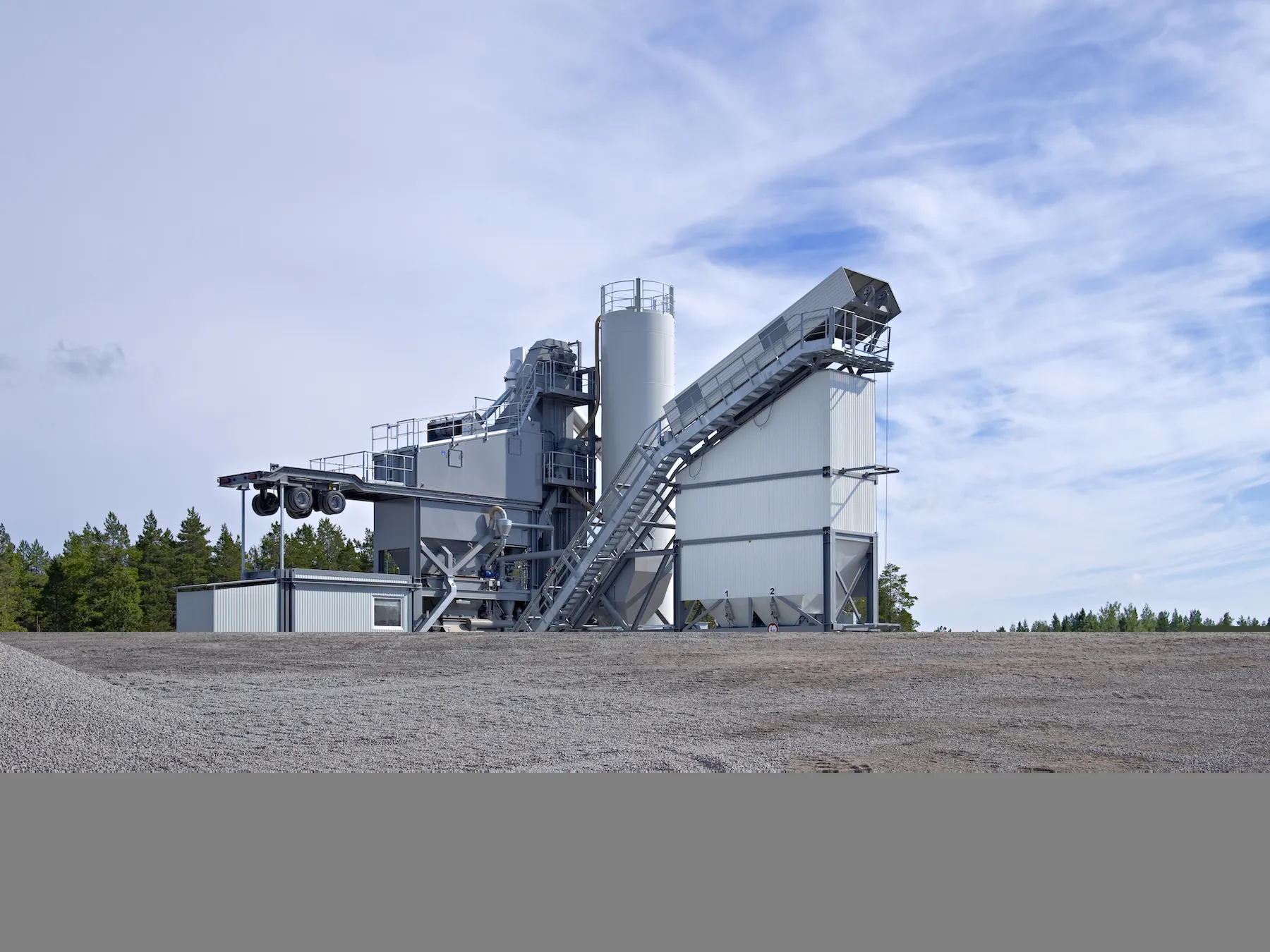
A Chinese contractor has opted to use RAP in delivering quality roadways at lower cost. The firm utilised an ABA UniBatch asphalt plant from
The Chinese authorities are at present keen to increase the use of RAP in road building, in a bid to reduce the environmental impact of construction projects. However for this to be carried out, the high RAP-content mix must meet high quality standards.
Shandong Binzhou Road Construction Corp (SBRCC) has carried out a number of high-profile highway projects in China recently. These jobs include the repair of G220 and G205 national highways, revitalisation of a section of the Qinbin Expressway and overhaul of the Qingzi Provincial Road.
When SBRCC carried out the rebuild of 50km of China National Highway 220 (G220), which runs from Binzhou to Zhengzhou, the firm decided to utilise RAP in the reconstruction operation. SBRCC was keen to deliver the targets on recycling set by the
National and provincial projects in China now have an increased environmental emphasis. For example, the G220 rebuild required the use of 150,000tonnes of asphalt mix with a base layer comprising 25% recycled materials. The ABA UniBatch, which is capable of utilising up to 60% RAP, was able to carry out the task.
SBRCC used the required 25% RAP in the feed for its base mix on the G220 project. The plant produced the mix, with both SBRCC officials and governmental authorities closely checking RAP utilisation and quality.
And according to Lu Shaoli, site manager for SBRCC, the firm also achieved notable fuel savings in the process while using the Ammann ABA UniBatch Asphalt-Mixing Plant.
“Our company attaches great importance to recycling,” said Wei Kehong, deputy director of SBRCC. “Since the beginning of last year, all recycling mix has been tested in detail. All the test data is in full compliance with national and other regulations. The performance of the Ammann plant is consistent and the quality of the mix is guaranteed.”
SBRCC operates a newly upgraded facility, which covers an area of 107,000m2 and includes an array of equipment. “The production site is equipped with an asphalt plant, a stabilised base course mixing plant and a concrete plant,” Shaoli said. “It is a high-standard, modernised, integrated and environmentally friendly comprehensive site. It provides various road materials, recycling materials, prefabrication structural materials and technology research.”
SBRCC closely monitors all phases of the manufacturing process and protects RAP and aggregates. Cold materials are covered and the overflow silo and recycling material buffer are separated. “Our site has passed the Energy Information Administration, which is the benchmark for environmental protection in Binzhou,” Shaoli said.
The plant’s output is also substantial. “The productivity can even exceed 330 tonnes for coarse materials/hour, and the capacity of the mixer can reach up to 4.3tonnes,” Yongbo said.
Production is also said to be cost-effective. “The plant is energy efficient,” Kehong said. “Including the RAP system, the total installed power is only 800kW, which is lower than other comparable plants.”








